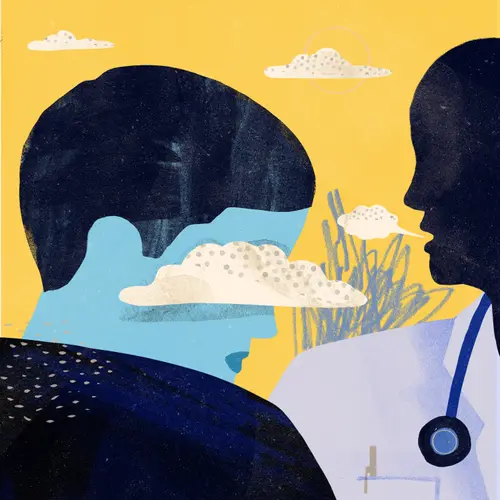No doubt about it -- plenty of us are suffering from chronic pain. More than 50 million Americans have some form of this malady, according to the American Academy of Pain Medicine. But having lots of company doesn’t make it any easier to bear. Chronic pain wears people down, causes fatigue and insomnia, and results in missed work and social isolation. What can you do if chronic pain is interfering with your life? Start by learning what you know -- and maybe don’t know -- about it with this true or false quiz.
Chronic pain is “all in your head.”
False. Years ago, some doctors and other experts accused people with chronic pain of being hypochondriacs and told them the pain was all in their heads. Today, experts agree: The pain is real, and it turns out the head is involved because there are ways to train the mind to overcome the pain. These techniques include biofeedback, relaxation techniques, and visual imagery.
Chronic pain is a normal part of aging.
False. Chronic pain, defined as pain that lasts longer than you would expect from the original illness or injury, does not go hand in hand with aging. That said, older people are more likely to be injured or develop conditions that cause pain, such as arthritis or osteoporosis.
The painful condition known as “runner’s knee” most often afflicts men.
False. Runner’s knee, which causes achy, creaky knees, happens more often in women, who have six times as many knee problems of all types as men. This is because a woman’s naturally wide pelvis causes her thighs to slant inward, creating pressure on the knees. And you don’t need to be an athlete to get runner’s knee (also known as patellofemoral pain syndrome); it also afflicts people with arthritis or flat feet.
People with chronic pain are prone to depression.
True. The American Pain Foundation estimates that one-quarter to more than half of those who complain of pain to their doctors are clinically depressed. Being in chronic pain makes it less tolerable to deal with daily activities, which can lead to depression. Why? There’s a biologic connection at work: Pain and emotional sensations share the same brain pathway. Chronic pain can cause changes in brain chemistry that not only magnify the severity of the pain, but may also lead to clinical depression. Medications and therapy can treat both chronic pain and depression.
Women who get migraines and severe headaches may have fewer after menopause.
True -- for most women, that is. Migraines and severe headaches occur most often in women of childbearing age, which may be due to fluctuating hormones (especially estrogen) during the menstrual cycle. After menopause, these fluctuations decline for about two-thirds of women. For others, however, menopause can worsen migraines or trigger them to start. The migraines usually improve once menopause ends.

